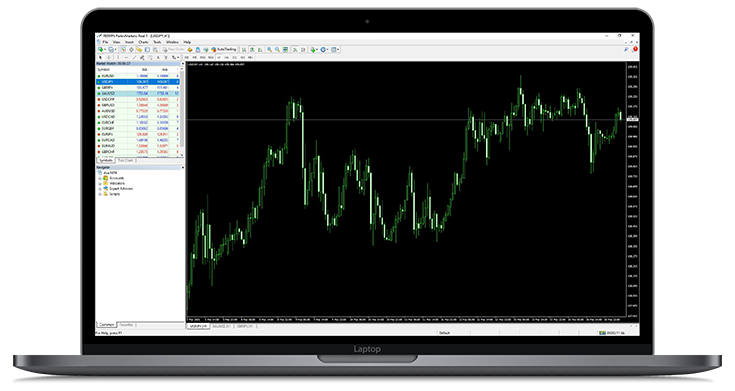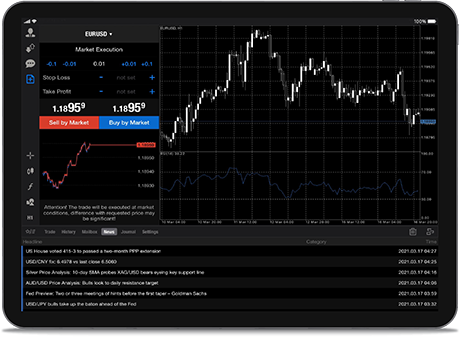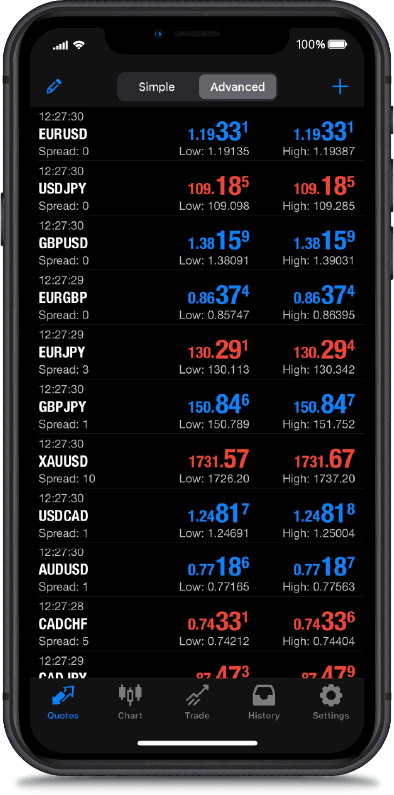YOUR GO-TO BROKER
FOR TRADING
FOR TRADING
Access 1000+ products including Forex, Share CFDs, Indices and Metals with MetaTrader 4/5 Platforms
LIVE SPREADS
EUR / USD
SPREAD
0.00
BID
-----
ASK
-----
XAU / USD
SPREAD
0.90
BID
-----
ASK
-----
EUR / JPY
SPREAD
0.10
BID
-----
ASK
-----
USD / JPY
SPREAD
0.00
BID
-----
ASK
-----
GBP / USD
SPREAD
0.20
BID
-----
ASK
-----
Live prices are indicative only.
STANDARD
No Commission
PIPS
XAU/USD
PIPS
EUR/USD
PIPS
USD/JPY
PIPS
EUR/JPY
PIPS
GBP/USD
PIPS
EUR/GBP
- Min. Deposit $100
- Max. Leverage 1 : 500
RAW
Low Commission
$2.5/side
PIPS
XAU/USD
PIPS
EUR/USD
PIPS
USD/JPY
PIPS
EUR/JPY
PIPS
GBP/USD
PIPS
EUR/GBP
- Min. Deposit $100
- Max. Leverage 1 : 500
ACCOUNT TYPE
THAT SUITS YOU BEST
THAT SUITS YOU BEST
At RADEX MARKETS, we commit ourselves to offering competitive trading setups and execution.
ENHANCE YOUR TRADING JOURNEY WITH US
Trade like never before with our optimal features. Our seamless and user-friendly platform enables you to navigate the markets with ease.











